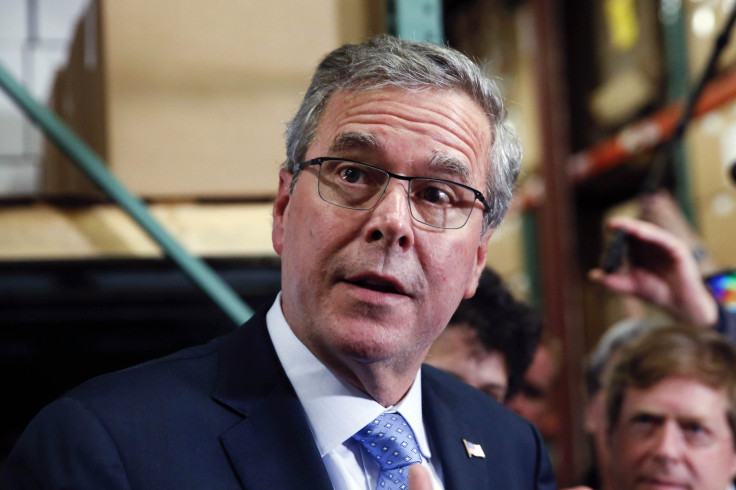Election 2016 Poll: Iowa Republicans Split By Electability, Ideology Debate

WASHINGTON -- It's lucky that the presidential primary season has a long way to go, because Republicans seem no closer to deciding what their priority should be. A poll released Tuesday by Public Policy Polling, a left-leaning operation that has an impressive track record of predicting elections, put the question to Iowa GOP voters, who hold the first primary contest in the presidential cycle and have an outsize influence on picking the winner. The state’s Republican voters are split: 44 percent say they are more concerned about picking the most conservative candidate, and 45 percent say they would rather back the person more likely to beat the Democratic nominee.
The poll didn't name names, but Jeb Bush and Chris Christie would represent the moderate, more-likely-to-win-a-general-election side of the argument, with Ted Cruz and Rick Santorum to their right. (Scott Walker ranks slightly higher with the "ideology" side, while Marco Rubio may have lost support on the right because of his interest in immigration reform.)
The argument has been going on within the Republican Party for decades. In the 1952 primary featuring the conservative Robert Taft and more moderate Dwight Eisenhower, the moderate won. There was the 1964 primary featuring the moderate Nelson Rockefeller and conservative Barry Goldwater, who won the primary but lost the general election in a landslide. And conservatives will point to 1980, when moderates argued that Ronald Reagan was too conservative to win a general election and he defeated George H. W. Bush and went on to be a two-term president.
Iowa's Republican voters tend to skew conservative, said Larry Sabato, a political science professor at the University of Virginia. “If this question is asked in New Hampshire, I would expect a decisive margin for choosing an electable candidate,” he said. “There are clearly conservatives who buy the theory that the problem for the GOP is the party hasn't been nominating true conservatives who excite the base. But I suspect a majority of conservatives don't buy this, and certainly almost no one else does."
The Republican right does contend that conservatism and electability aren’t mutually exclusive. Santorum and Newt Gingrich spent much of 2012 arguing that a conservative candidate stood a better chance against Barack Obama in the general election because it would be a “stark contrast” and provide voters a “clear choice.” And conservatives are continuing to make that case. Cruz has said the “mushy middle” can't win.
“The electability question is always an issue and on the minds of voters in both parties. We keep hearing that only moderates are electable, but [John] McCain and [Mitt] Romney are the most recent examples, and they got shellacked,” said Greg Mueller, a conservative strategist. GOP primary voters do want to win the White House, he said, but “they want to win with a candidate that will fight for a conservative agenda."
Mueller predicts that Republicans will vote on ideology and not chase "electability" this time. “In 2016, the candidate with the best vision, agenda and ability to communicate effectively will win," he said.
© Copyright IBTimes 2025. All rights reserved.






















